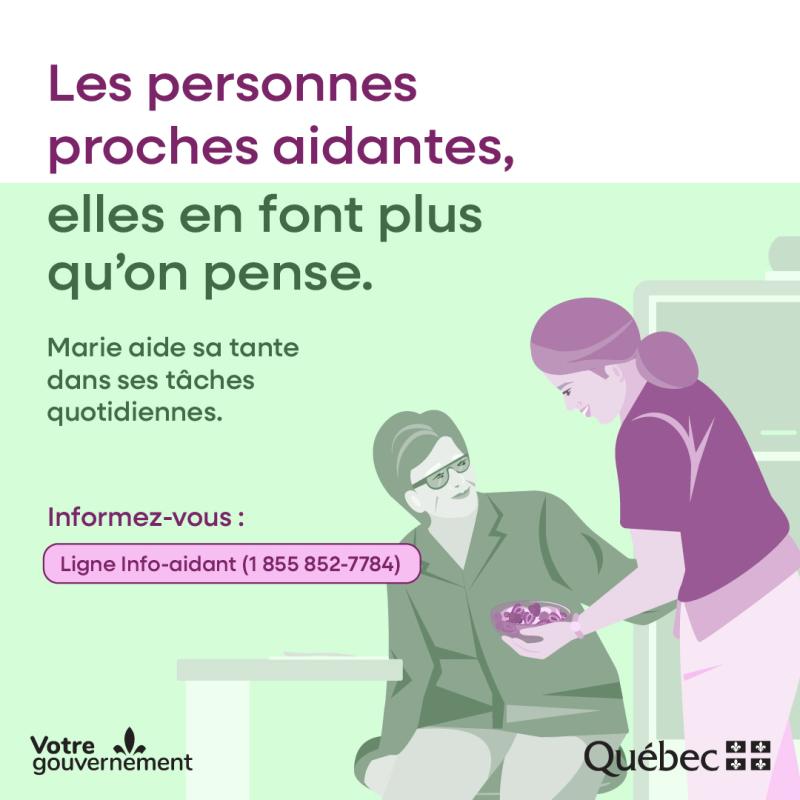Encouragement for MUHC staff who are also caregivers
When we think of healthcare workers, we think of people with huge hearts, because they are helping patients who aren’t related to them. But what happens when a healthcare worker becomes a caregiver to someone in their own family? As healthcare workers, we deal with health issues as professionals, but it can feel tough when that line crosses into more private territory. Suddenly, a health issue becomes personal.
To our staff who are also caring for a family member or friend off-hours—we want you to take heart and feel encouraged by your experience as a hospital worker. No matter what department you work in, your experience at the MUHC has taught you many pearls of wisdom that can now be valuable to you as a caregiver.
For instance, recall a time when you witnessed a team at the MUHC coming together with great care for a patient; remember the expertise of a physician that you respect; think of the positive patient outcomes that you have witnessed. These experiences will give us confidence as caregivers. The strength we need to face another day is often a matter of focus, which is why it’s important to sift through our thoughts.

What about tiredness and burnout?
As a healthcare worker, you know firsthand the importance of recharging yourself. But sometimes, taking a break is easier said than done. We remind all caregivers not to push themselves to the brink. Instead, if you are feeling overwhelmed, speak to the care team as soon as possible. The care team can help alleviate your stress and find workable solutions. It is important for a caregiver to recharge both physically and emotionally.
As an MUHC employee, you have access to resources for stress management and well-being. Please see the Well-being Intranet page.

Caregivers make a positive difference in the comfort and health of their loved one. Very often, the caregiver knows just what to say to convince the patient to eat, drink, take their medication, or rest. It is common for a caregiver’s words to be more successful than the instruction of a hospital worker.
Research and real-world experience tell us that caregivers lessen anxiety in patients as well as boost morale. That means, even when a caregiver feels inwardly disheartened, their good words and their warm presence results in a better patient experience while in the hospital, which can also mean enhanced recovery or outcome.
We are cheering on all MUHC staff who have the added challenge of taking care of someone in their personal lives. We also extend our deepest thanks to every caregiver who is helping our patients. Even when you do not feel like you’re doing enough, know that you are doing a great job!
To help someone feel loved during illness or injury:
Visit your loved one in person. Apply hand cream to their hands. Set their personal items within reach at the bedside. Call them. Speak a word of encouragement, even when you feel downcast. Whenever possible, laugh together. Draw strength from your close relationship with that person.
|